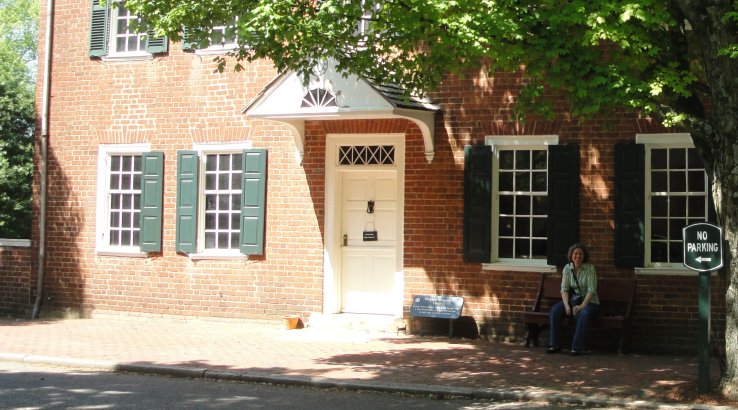
Religions, regions, firms, families, clubs and even individuals often have distinctive cultures that help determine the choices they make. You might object that these things are ephemeral, but all cultures are ephemeral. Some last a short time, some a long time, but none is forever. When we try to keep them as they are, we create either cultural museums or graveyards. America has been home to many cultures, many that you don’t notice toady because over time they melted into the American mainstream, making their contribution by not remaining separate. It is pluralism that worked for us.
Pluralism allows a variety of different philosophies and organization types to coexist, jostle together and produces disparate results that together are usually better than from what would seem a more logical planning process. It requires an acceptance of inequality and pluralism thrives when central governments exert only generalized authority (as was the case in the U.S. through much of our history.) Pluralism creates a kind of cultural marketplace of choice, where the most adaptive ones succeed and all of them collide, collaborate, combine and constantly change into something else.
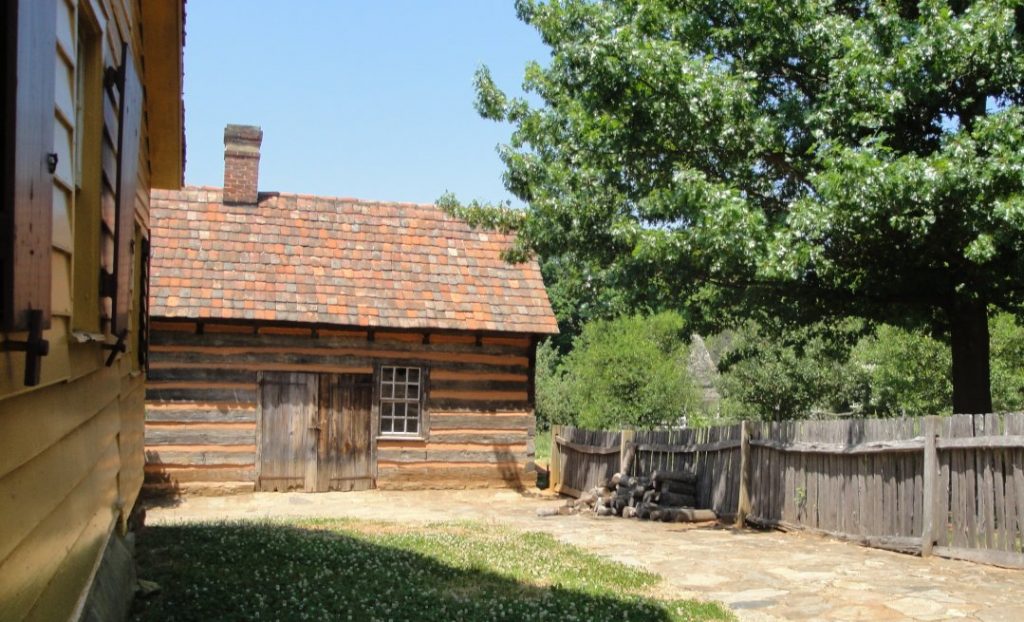
Pluralism works because it allows the greater society to take advantage of productive arrangements and systems that might be destructive or dangerous if applied too widely or too long. The difference between a life giving medicine and a life taking poison is often in the dosage and the application. Pluralism allows us to take advantage of the positives of many systems w/o suffering the ill effects that would afflict us if they were widely applied. People can choose to live under particular rules that might be odious to others, and it works much better if one standard does not cover the whole society. We enjoy a kind of a la carte cultural menu in the U.S. We are free to copy the best and leave the rest. None of us has to keep all the aspects of the culture we were born into, and few of us do.
I thought about this as we visited Old Salem in Winston-Salem, NC. Many people confuse this Salem with Salem, MA famous for the witch trials. Both were founded by religious groups that followed a kind of a localized theocratic socialism, but they are otherwise not very similar.
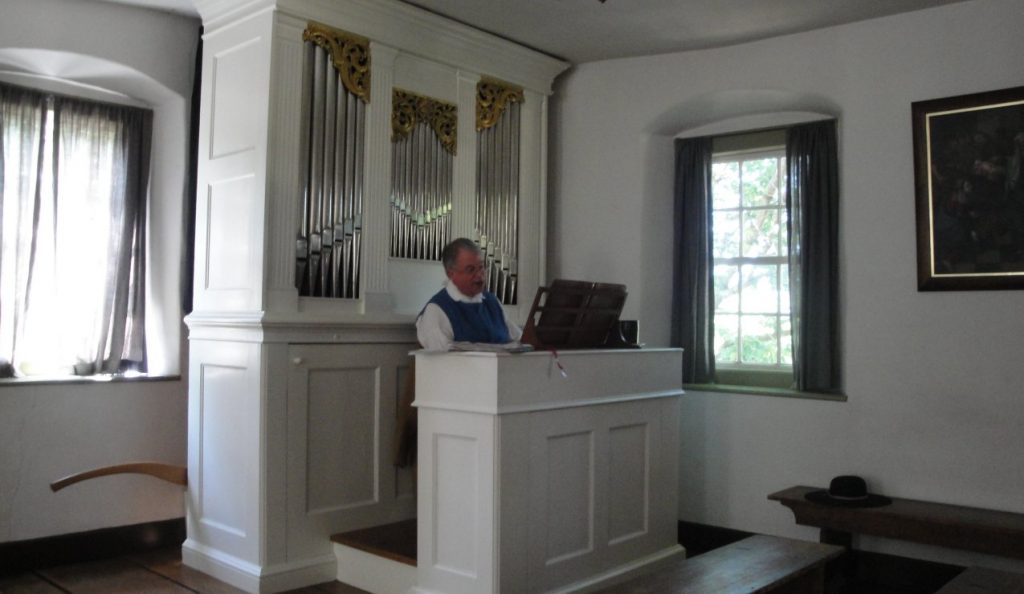
Old Salem is something like Colonial Williamsburg on smaller scale. I found it really interesting because it told the story of the Moravian settlement. I knew almost nothing about that before. It is well worth the visit. The people who work there and play roles make products by hand using the old methods. But they don’t always remain strictly in character, which allows them to explain a little more about how things are. The gunsmith, for example, told us that there is a good demand for his custom products. Their products go to high end collectors and museums. The market is strong, he said.
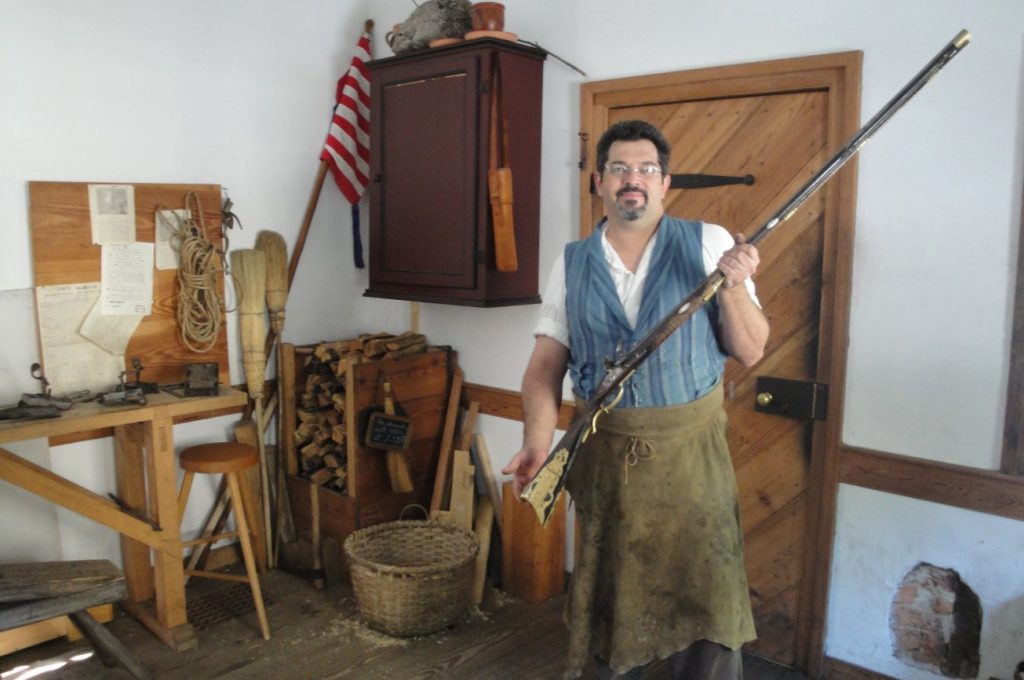
The people who work there really seem to like their work. The guy in charge of the organ played us several of the pieces used in the churches and sang along. He had a good voice. Everybody enthusiastically told us about the history of their location and of the community in general.
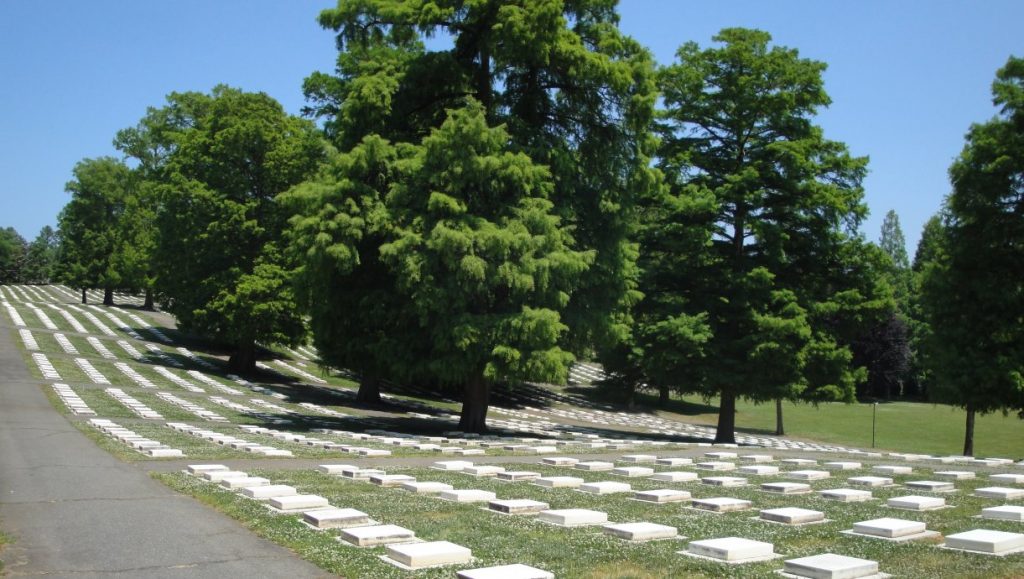
Salem, NC was consciously founded as a commercial and agricultural colony of the Moravian protestant sect, which traces its roots to Jan Hus, a century before Martin Luther. They seem to have been practical people who sought the elegance of simplicity. Society was divided into groups, called choirs, based on status – young men, young women, male children, female children. married men, married women etc. When they died, they were buried according to their choir, not with their families. The graveyard, called God’s Acre, has flat tombstones, so that nobody is above anybody else. The Moravians clean the graves and scrub the stones each Easter.
The Moravians were good planners and were very well organized. They trained their people in useful trades and skills and produced simple but high quality products. One of the reenactors told us that Moravians supplied good products at reasonable prices and that they were honest. Having all three of those things at the same time was rare on the frontier. Their community prospered. Their location in the middle of North Carolina also contribute to their prosperity. It was right on the wagon road and had access to the growing North Carolina frontier, with its cheap land and good soils.
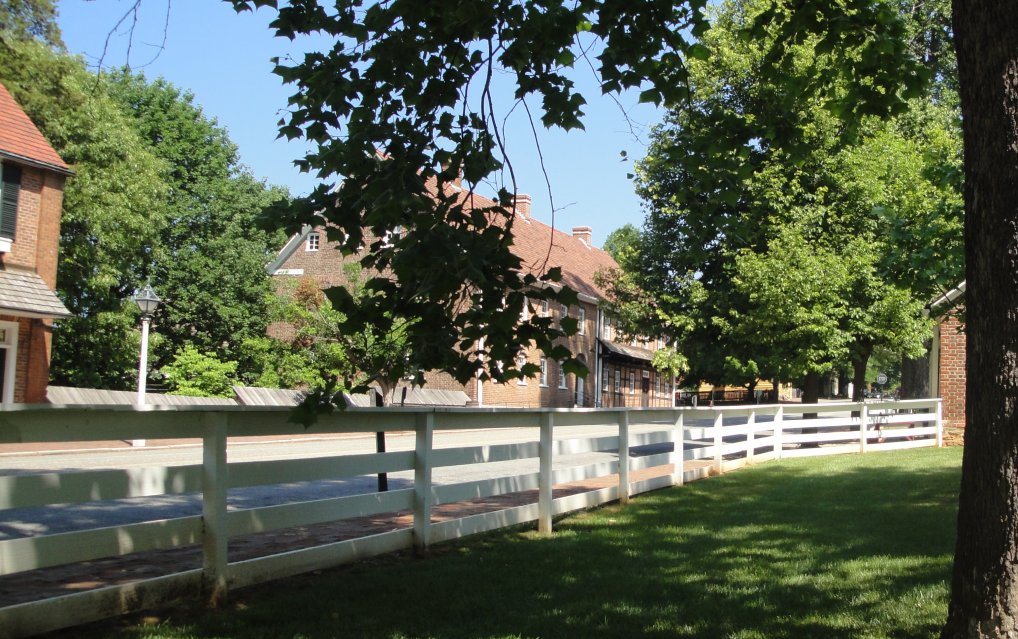
Organization was the key to success and organization and the needs of the community circumscribed personal choice. Boys were trained in trades, which were chosen for them by the church authorities, so that supply of labor met demand. Nobody could actually own land in Salem; it was all leased from the church and held on conditions of good behavior, including attending church and living a moral life. Women could marry when they were eighteen. Men could marry when they could demonstrate the ability to support a family. A man would build a shop and a home and then petition the church for permission to marry. He could submit a specific name if he had a girl in mind, but that match might not be approved. If he didn’t know any girls he especially liked, he could make a generic request and the church authorities made suggestions.
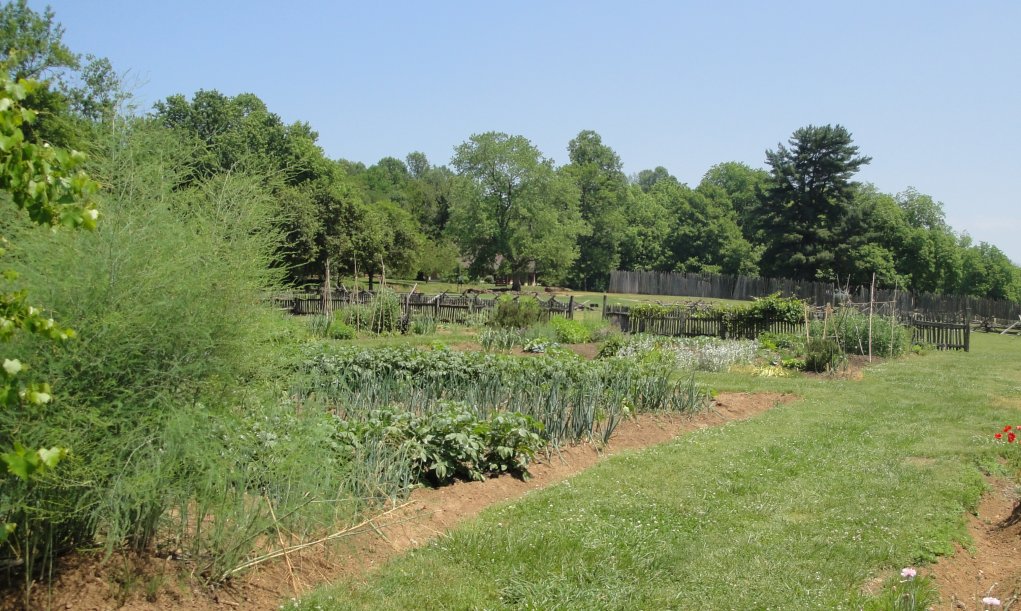
People like the Moravians made very valuable contributions to the development of North Carolina and to America, but most of us would not want to live under their strict rules, nor would those rules necessarily be adaptable to a wider society or changing conditions. In a pluralistic society, they were able to survive and prosper with the implicit conditions that they produce something useful for the wider America. W/o access to political power, they could not impose their views outside the fold. In fact, the ultimate punishment for those who consistently did not play by the rules was to be kicked out of the community. In other words, at base it was a free-choice association. You could leave if you didn’t agree and you could be forced to leave is others didn’t agree with you.
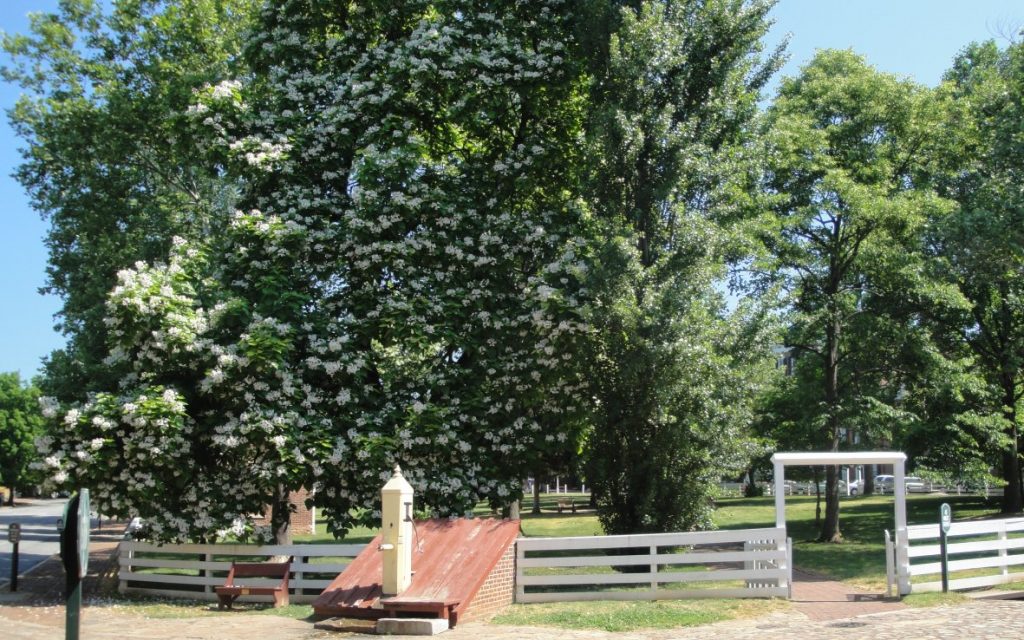
In a pluralistic society, individuals have the right to belong to whatever group that you want provided they will take you. All the individuals involved have the choice and they have to work out the particular relationships. It has to do with freedom of assembly. You can choose your friends and associates and should not be forced into any group membership. Groups themselves have no right to exist beyond the choices of their individual members. This is an important distinction. Pluralism as we have used it empowers individuals to be members of groups of their choice. If you empower groups over individuals you have a type of corporatism or fascism.
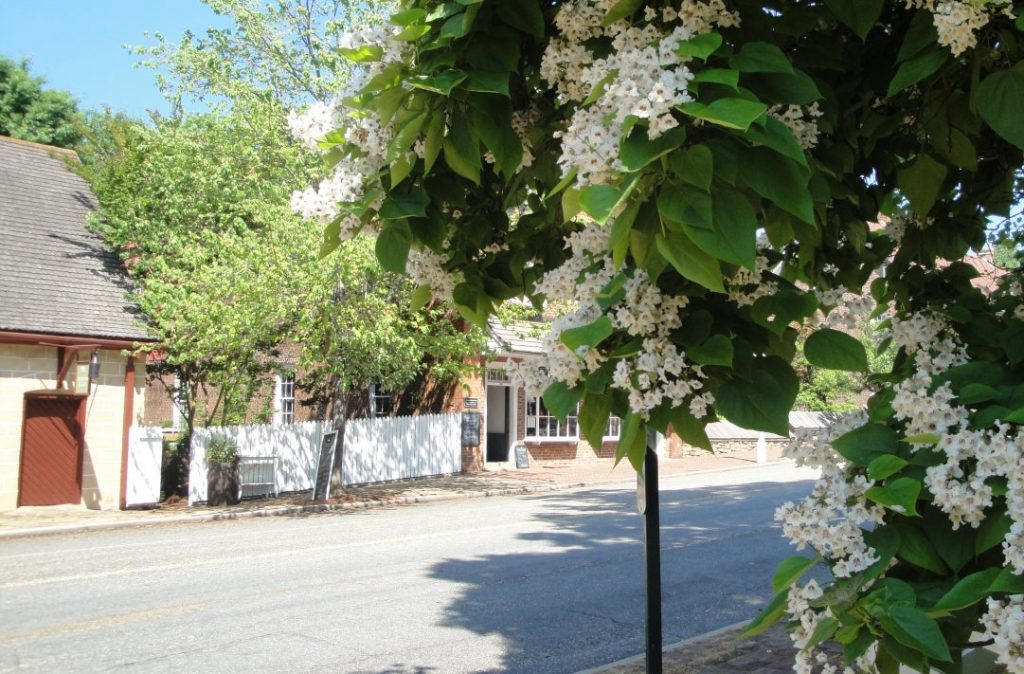
There were advantages and disadvantages to being a member. Leaving out the spiritual benefits, which believers would have considered the most important aspect of their lives, on the pragmatic side members, on average, were more prosperous than their similarly situated neighbors. Of course, they had to accept the strict rules, which included devoting large parts of your income, energy and time to the collective and one of the important reasons behind their success was their adherence to the rules. Would it be considered unfair that others couldn’t get the advantages w/o buying the whole organization?
Pluralism demands diversity and requires inequality of results. These are the things that choice will inevitably produce. We sacrifice pluralism and choice in exchange for greater equality. This may be a wise decision at times, but we should be aware of what we are doing – getting and giving up – and not hide it by misusing terms like diversity or multiculturalism. It should be about choice to the extent possible and that means picking up both ends of the stick and living with the results of our poor choices as well as our good ones.
The pictures are from around Old Salem. They include the gun smith, the organ master and some of the buildings. The flowers and the flowering tree are catalpa. They are also called Indian cigar trees, because of the long seed pods. I took a picture of this tree because it was so full of flowers and unusually beautiful.
